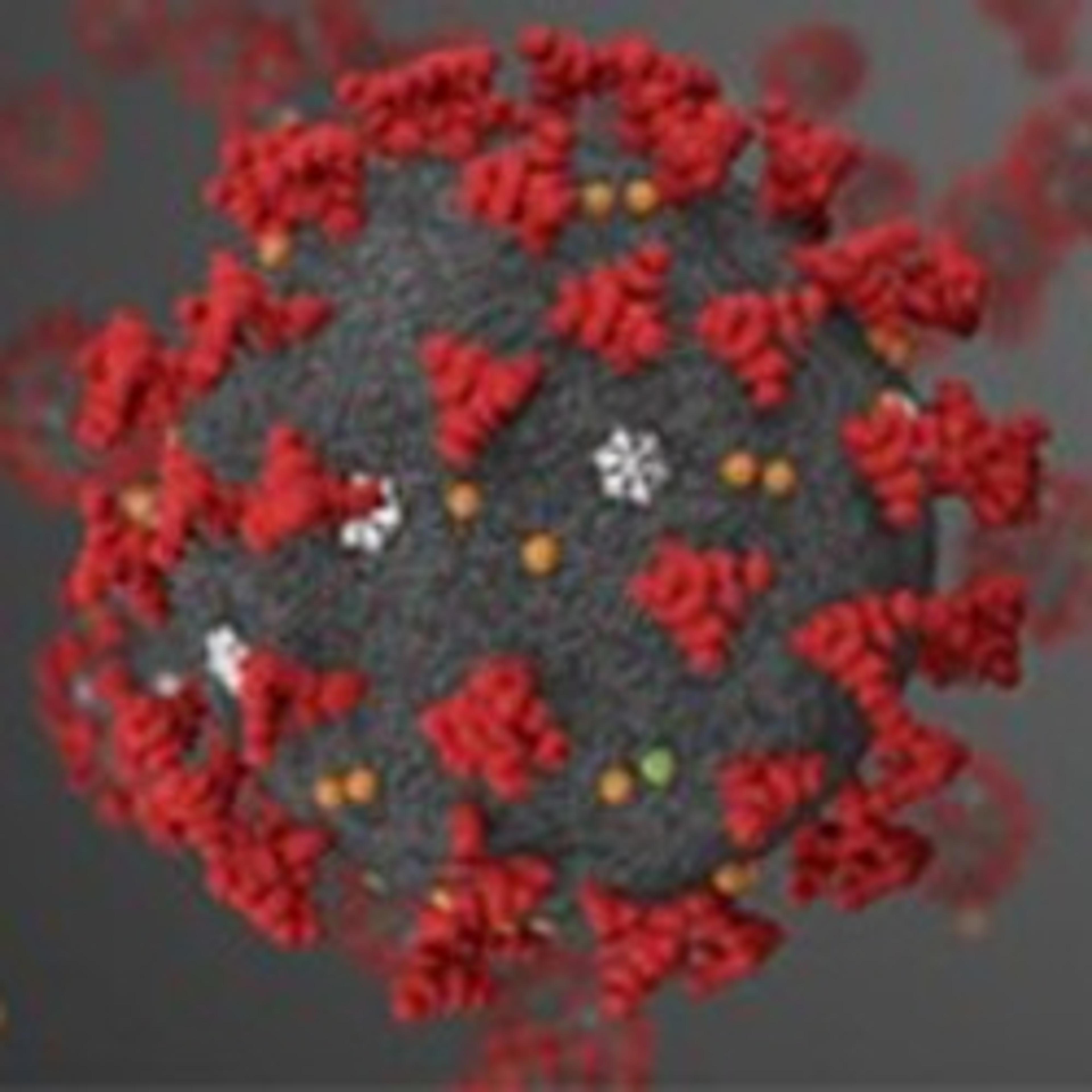Thermo Fisher Scientific confirms detection of SARS-CoV-2 in samples containing the Omicron variant with its TaqPath COVID-19 tests
29 Nov 2021
Thermo Fisher Scientific Inc., a world leader in serving science, has confirmed that its polymerase chain reaction (PCR) TaqPath COVID-19 Combo Kit*, and TaqPath COVID-19 CE-IVD RT-PCR Kit*, which test for the presence of SARS-CoV-2, are not impacted by the emerging B.1.1.529, or Omicron variant, enabling accurate test results.
The Omicron variant, which was designated a "variant of concern" by the World Health Organization (WHO), has more than 30 mutations in the spike protein alone. The WHO has reported that preliminary evidence suggests an increased risk of transmission compared to other variants of concern. This designation and information are leading to renewed travel restrictions and research to examine the variant's impact on efficacy of existing vaccines and tests. The WHO and European Centers for Disease Control have both reported that using S-gene target failure (SGTF) of the PCR assays as a proxy for the variant helped to identify Omicron. Cases of the variant were first identified in South Africa and have now been reported in at least a dozen countries around the world.
The TaqPath COVID-19 assays detect SARS-CoV-2 infections by identifying the presence of three gene targets from the orf1a/b, S, and N regions of the virus. By surveying across multiple genes, the test can report accurate results even in the case where one of the targets is impacted by a mutation. While the S gene target in the test is impacted in the presence of Omicron variant mutations, the orf1a/b and N gene targets in the TaqPath COVID-19 tests have been determined to not be impacted by any of the mutations in the Omicron variant, based on assessment of sequences in the GISAID public database. As a result, the overall accuracy of the TaqPath COVID-19 assays is not impacted.
The Omicron variant has been found to include the 69-70del mutation of the S gene, first identified as a mutation in the Alpha variant. This mutation causes a dropout of the S-gene target in results from the TaqPath test, which could indicate to clinicians and researchers a possible Omicron variant infection. Confirmation must then be performed by sequencing the sample.
"The Thermo Fisher test allowed us to detect cases that may contain the new variant by identifying samples exhibiting S-gene dropout," said Tulio de Oliveira, director of the Centre for Epidemic Response and Innovation (CERI), Stellenbosch University and UKZN, South Africa. "This early identification is very important in helping us track and understand the spread of the B.1.1.529 variant to South Africa and the world."
In addition to the original TaqPath COVID-19 tests, Thermo Fisher has developed the TaqPath COVID-19 2.0 tests with an advanced assay design to compensate for emerging mutations. The TaqPath COVID-19 2.0 assays detect the presence of SARS-CoV-2 by utilizing eight gene targets across the orf1a/b and N regions of the virus. These assays were also assessed against sequences in the GISAID public database and confirmed in silico to detect all B.1.1.529 mutations with no loss in sensitivity.
"Like all viruses, we have always known that SARS-CoV-2 would continue to mutate, and that effective testing strategies are a key to curbing the pandemic," said Mark Stevenson, executive vice president and chief operating officer, Thermo Fisher Scientific. "That is why we developed assays with additional built-in checks and balances, to ensure that clinicians, researchers and public health officials would have effective tools to accurately test for COVID-19 even as the genetic makeup of the virus evolved."
Specific genotyping assays to detect the Omicron variant are being developed for Thermo Fisher's TaqMan Mutation Panel. The panel, which is currently used for research purposes, already has a menu of over 50 assays to assess confirmed COVID-19 cases for the presence of known variants and mutations.
Thermo Fisher is committed to supporting the world's pandemic response by monitoring new SARS-CoV-2 variants and developing innovative, adaptive and resilient testing solutions. This work helps track and subsequently limit the spread of COVID-19, helping communities stay healthy.
The original TaqPath kit received emergency use authorization from the United States Food and Drug Administration (FDA) in March 2020, and the 2.0 version of the kit received EUA in August 2021. The TaqPath COVID-19 CE-IVD RT PCR Kit launched in March 2020 and the 2.0 version launched in June 2021.
*In the EU, the TaqPath products are For In Vitro Diagnostic Use; in the U.S., the TaqPath products are for In Vitro Diagnostic Use, For Emergency Use Only, By prescription only.
Want the latest science news straight to your inbox? Become a SelectScience member for free today>>

